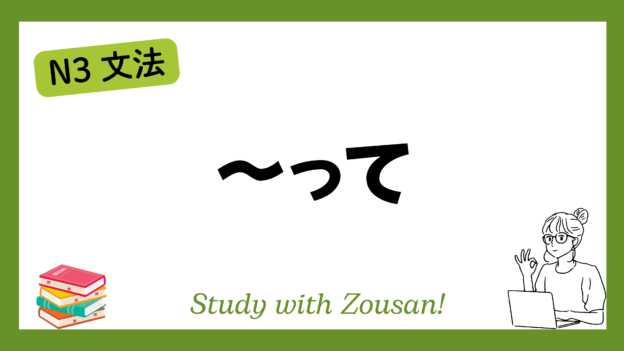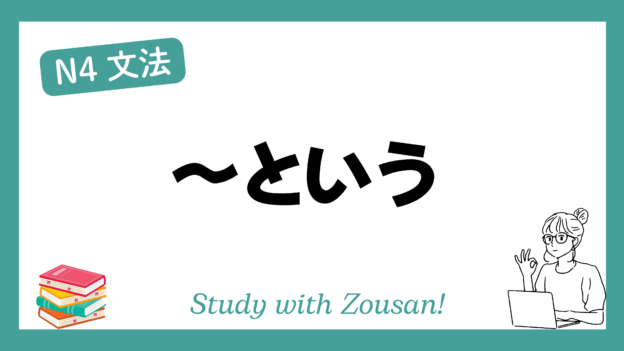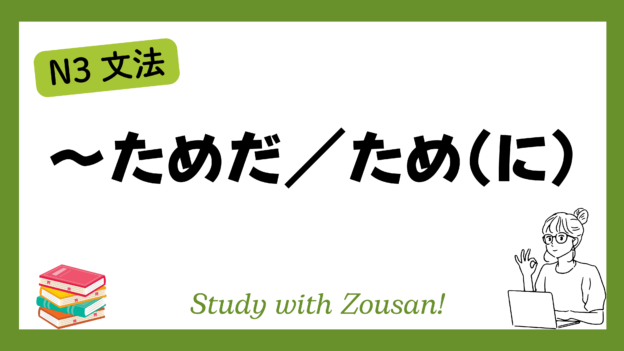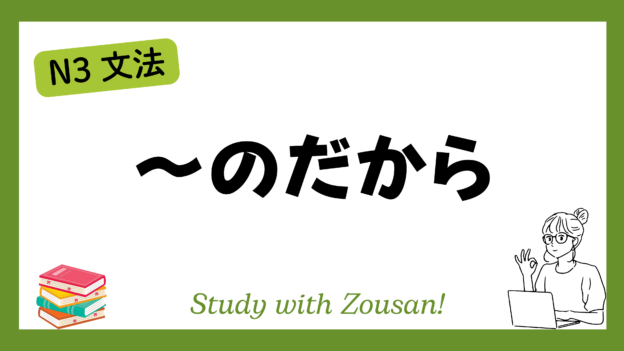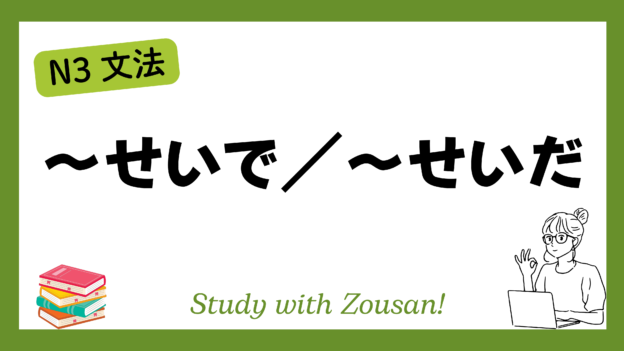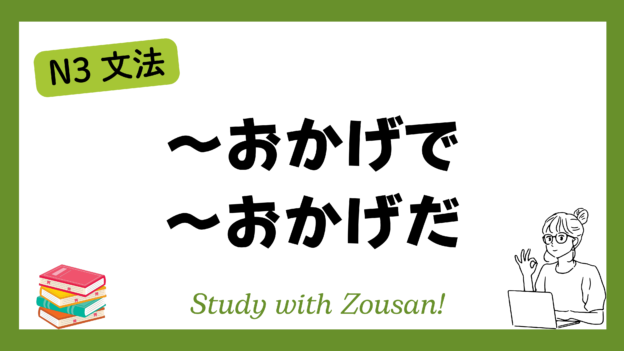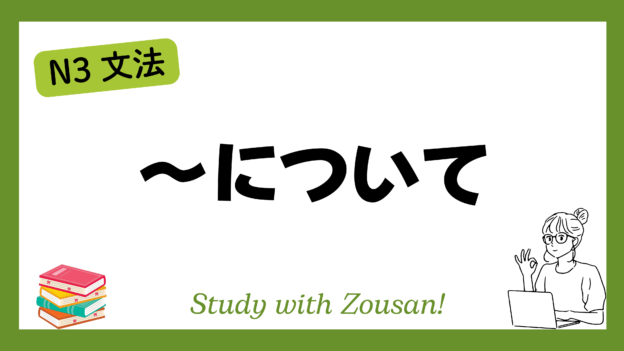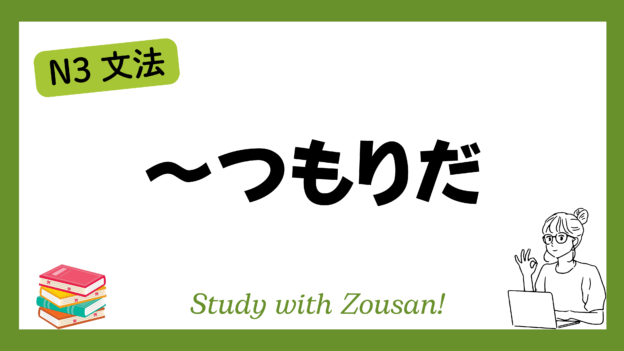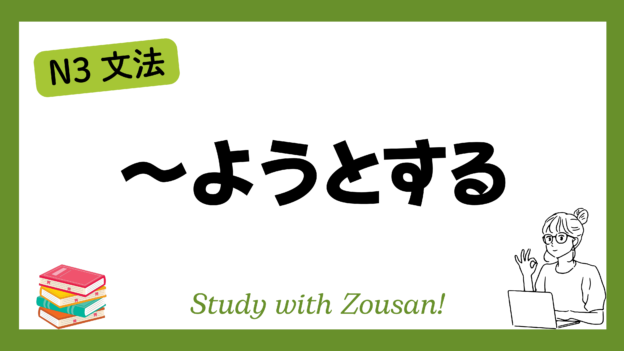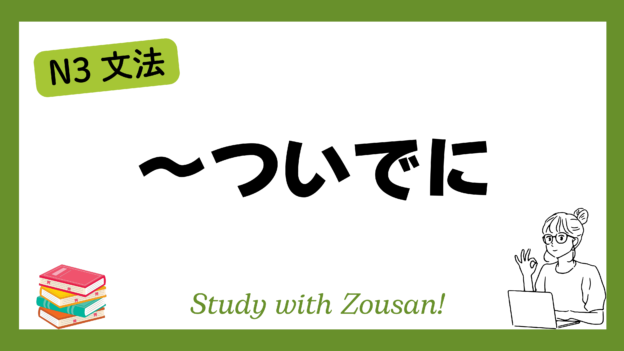Meaning:
The structure ~って is a colloquial form in Japanese, used in various contexts.
Here are some common usages:
-
Indirect quotation: ~って is used as a particle to indirectly quote someone’s words or information, similar to “that” in English.
It’s a casual abbreviation of ~と言いました or ~ということ.Example: 彼が明日来るって言った。
(He said that he would come tomorrow.) -
Topic marker: ~って can also be used to emphasize the topic of a sentence, similar to “as for” or “about” in English.
Example: 日本って美しい国ですね。
(Japan is a beautiful country, isn’t it?) -
Used in questions: ~って can also be used in questions to confirm information.
Example: あの店ってどこにあるの?
(Where is that store?)
Example:
1. Indirect quotation
-
🌟 彼が結婚するって聞いたよ。
(かれ が けっこん する って きいた よ。)
I heard that he’s getting married. -
🌟 明日、休むって言ってたよ。
(あした、やすむ って いってた よ。)
They said they’re taking the day off tomorrow. -
🌟 彼女はもう帰ったって。
(かのじょ は もう かえった って。)
She said she already went home. -
🌟 田中さんが手伝ってくれるって。
(たなか さん が てつだってくれる って。)
Tanaka-san said he would help. -
🌟 来週、旅行に行くって聞いた。
(らいしゅう、りょこう に いく って きいた。)
I heard they’re going on a trip next week.
2. Topic marker
-
🌟 日本って、素敵な国ですね。
(にほん って、すてき な くに ですね。)
Japan is a wonderful country, isn’t it? -
🌟 猫ってかわいいですね。
(ねこ って かわいい ですね。)
Cats are cute, aren’t they? -
🌟 夏って暑いね。
(なつ って あつい ね。)
Summer is hot, isn’t it? -
🌟 東京って人が多いですね。
(とうきょう って ひと が おおい ですね。)
Tokyo is crowded, isn’t it? -
🌟 寿司っておいしいね。
(すし って おいしい ね。)
Sushi is delicious, isn’t it?
3. Used in questions
-
🌟 このレストランってどう思う?
(この レストラン って どう おもう?)
What do you think about this restaurant? -
🌟 田中さんって誰?
(たなか さん って だれ?)
Who is Tanaka-san? -
🌟 あの映画って面白かった?
(あの えいが って おもしろかった?)
Was that movie interesting? -
🌟 この服ってどう?
(この ふく って どう?)
How is this outfit? -
🌟 今日の天気ってどうなの?
(きょう の てんき って どう なの?)
What’s the weather like today?


